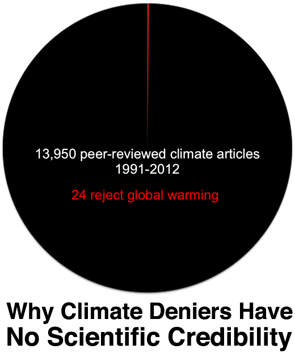Across the U.S., the shale gas industry's arrival has been marked by wariness, not only of the environmental impacts associated with fracking, but also due to the oil and gas industry's long history of flashy booms followed by devestating busts.
In towns across the state, the lingering effects of past economic downturns – the flight of manufacturing, the 2008 financial collapse, the slow erosion of the auto and steel industries – have left communities eager for jobs, but also experienced with job loss.
Nowhere better illustrates the potential for a shale rush to heal old economic wounds, or communities' vulnerability to new ones, than Cameron County, Pennsylvania. At the eastern edges of the rust belt, Cameron County has been hit hard by the decline of the American auto industry.
Hopes for a shale renassiance are running up against some difficult realities. A report released Monday by the Post-Carbon Institute, titled “Drilling Deeper: A Reality Check on US Government Forecasts for a Lasting Tight Oil & Shale Gas Boom,” concludes that the Marcellus shale is unlikely to fully live up to government forecasts, and that natural gas prices will have to rise to keep drilling going across the state. The vast majority of the Marcellus shale is not the same high quality as the areas where drillers are currently focusing most of their efforts, referred to in the industry as “sweet spots,” making the gas there more expensive to produce.
The report also finds that shale gas production in the Marcellus is expected to reach it's peak in 2018 or 2019 – meaning that within five years, production will begin dropping. “These projections are optimistic in that they assume the capital will be available for the drilling treadmill that must be maintained to keep production up,” the report says. “This is not a sure thing as drilling in the poorer quality parts of the play will require higher gas prices to make it economic.”



























